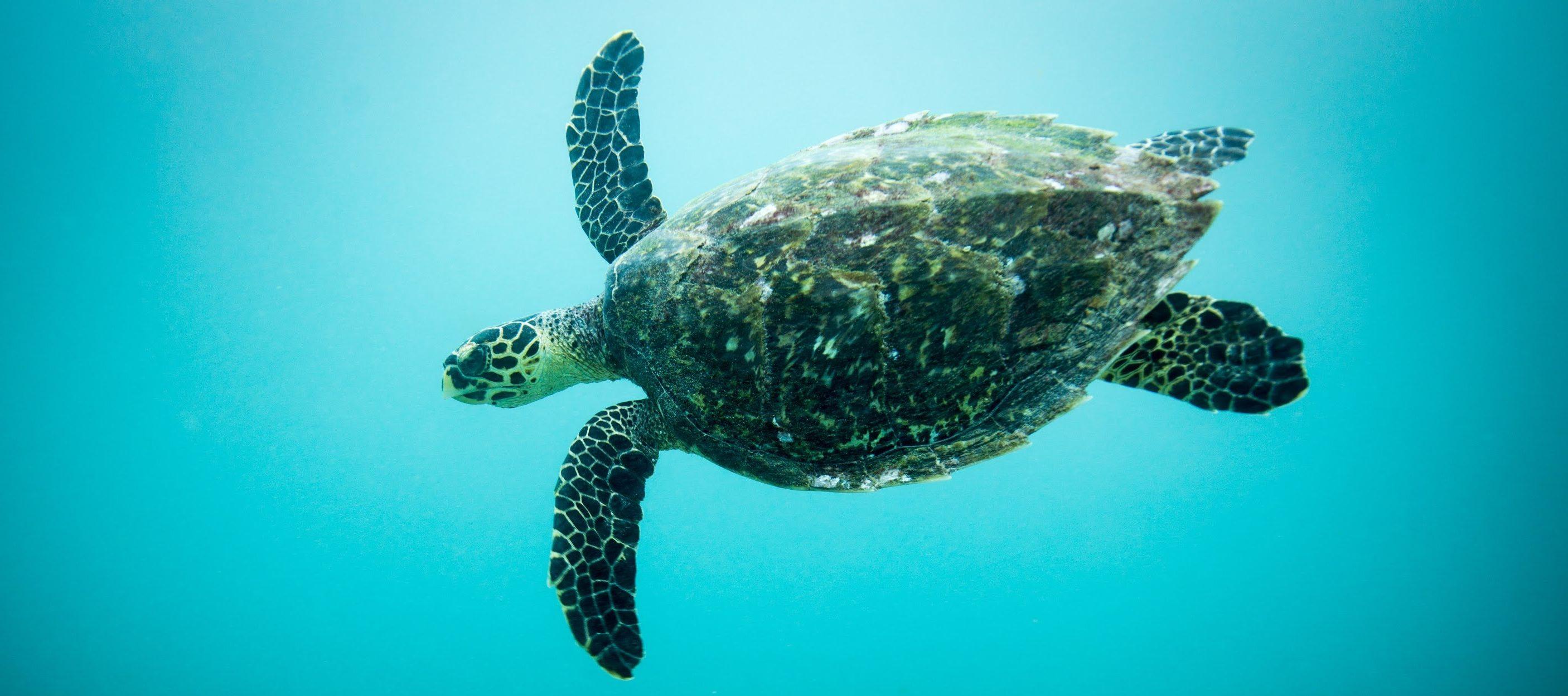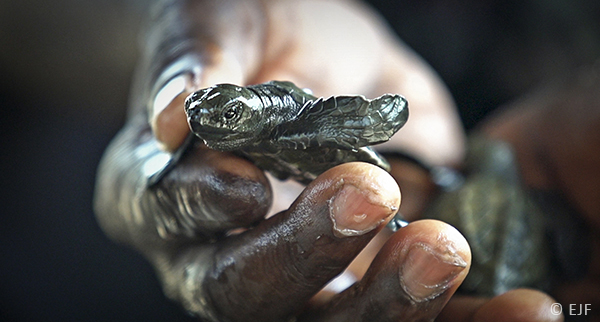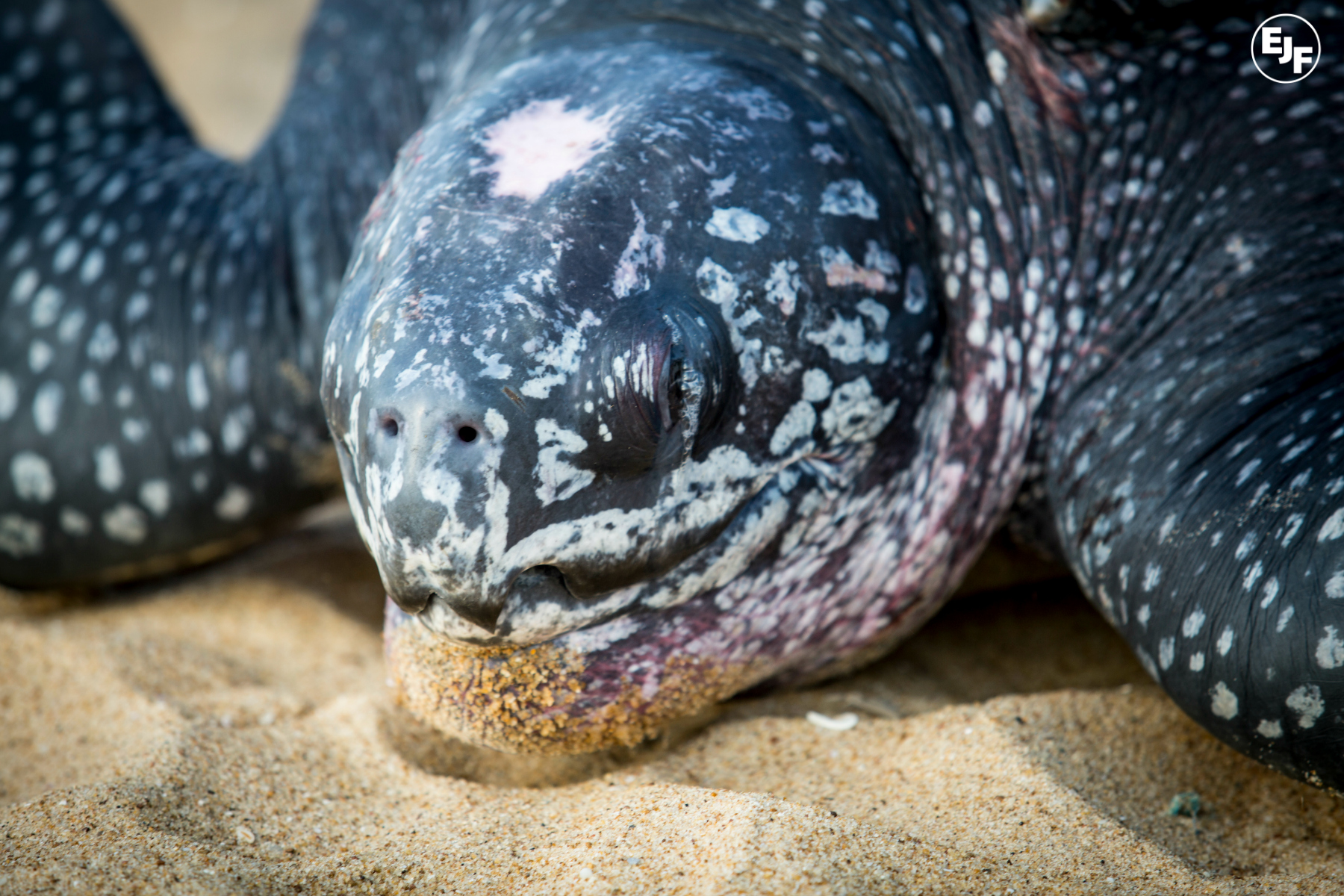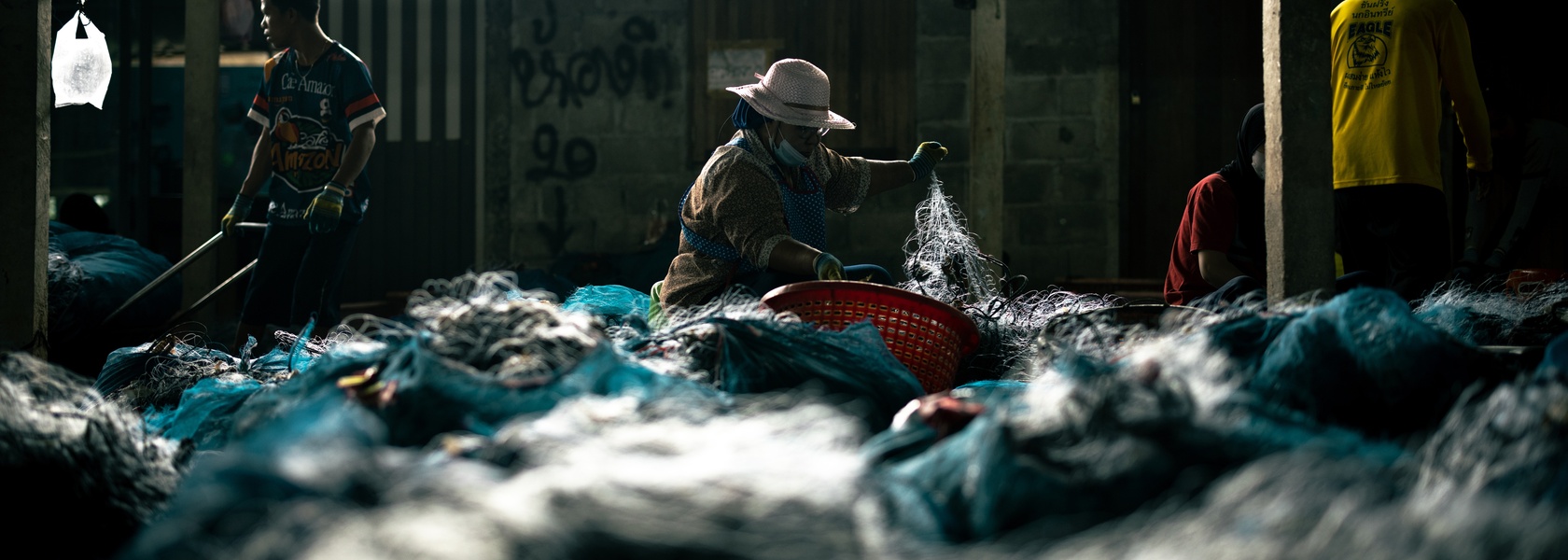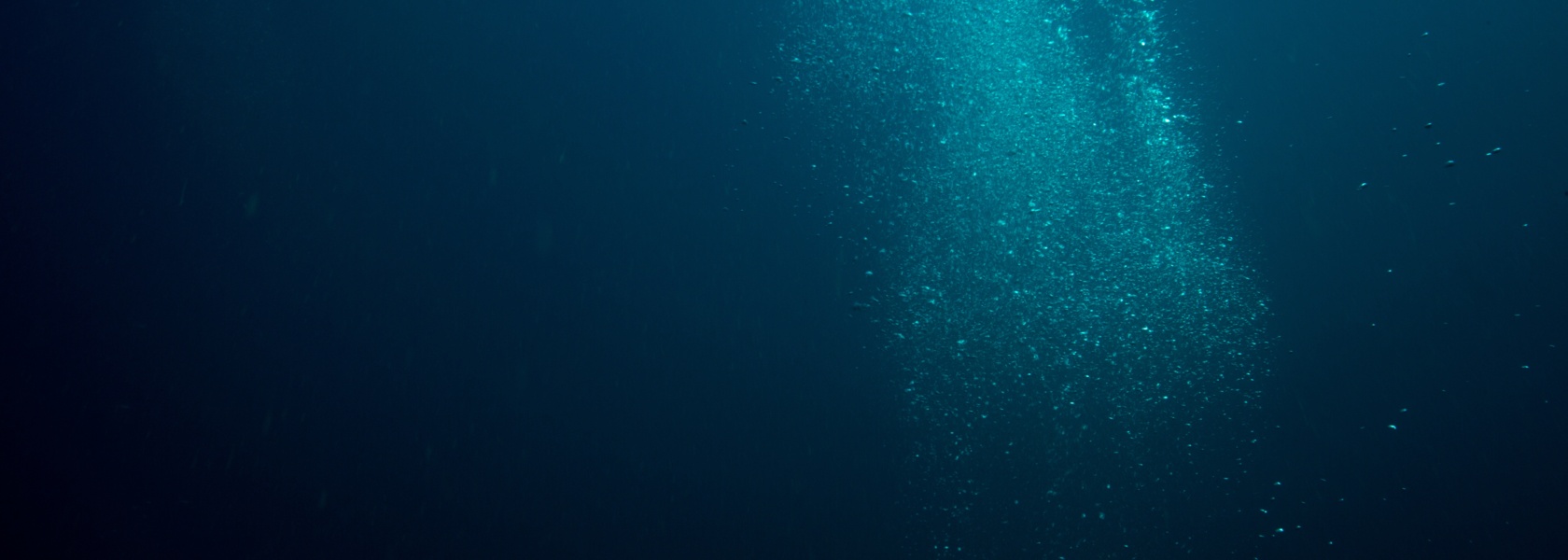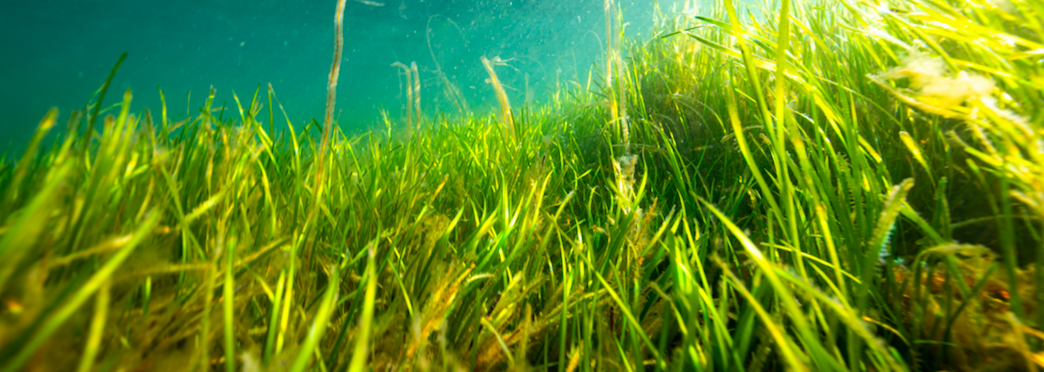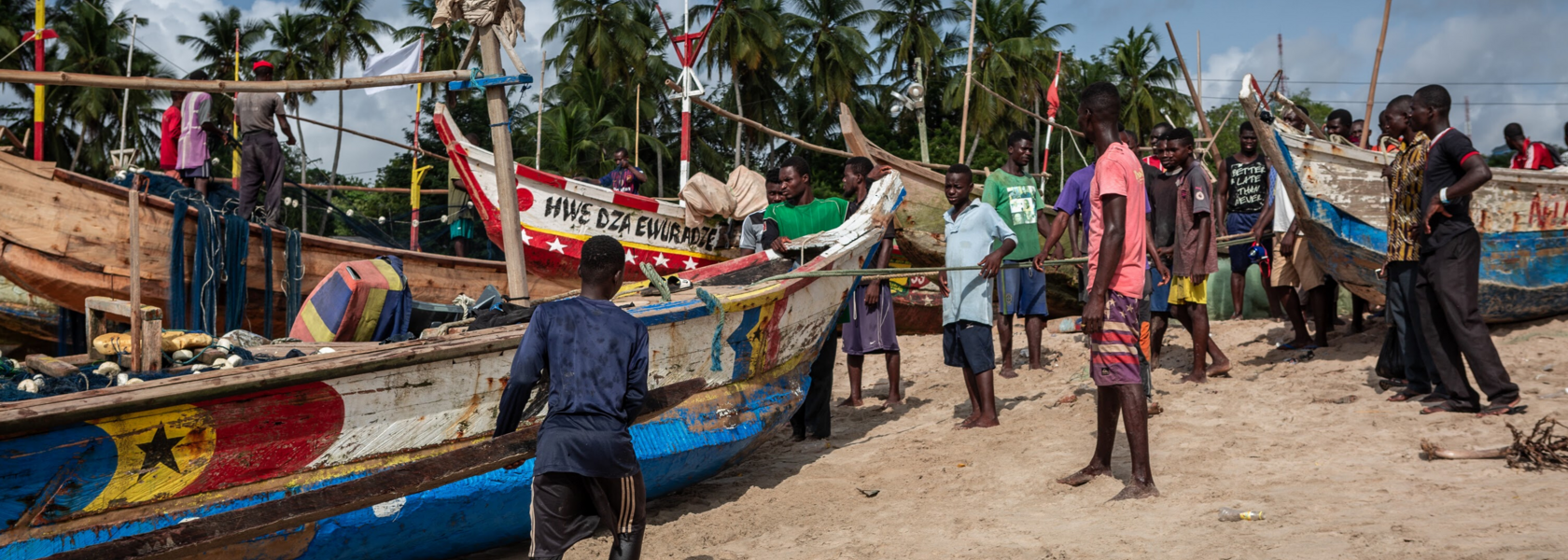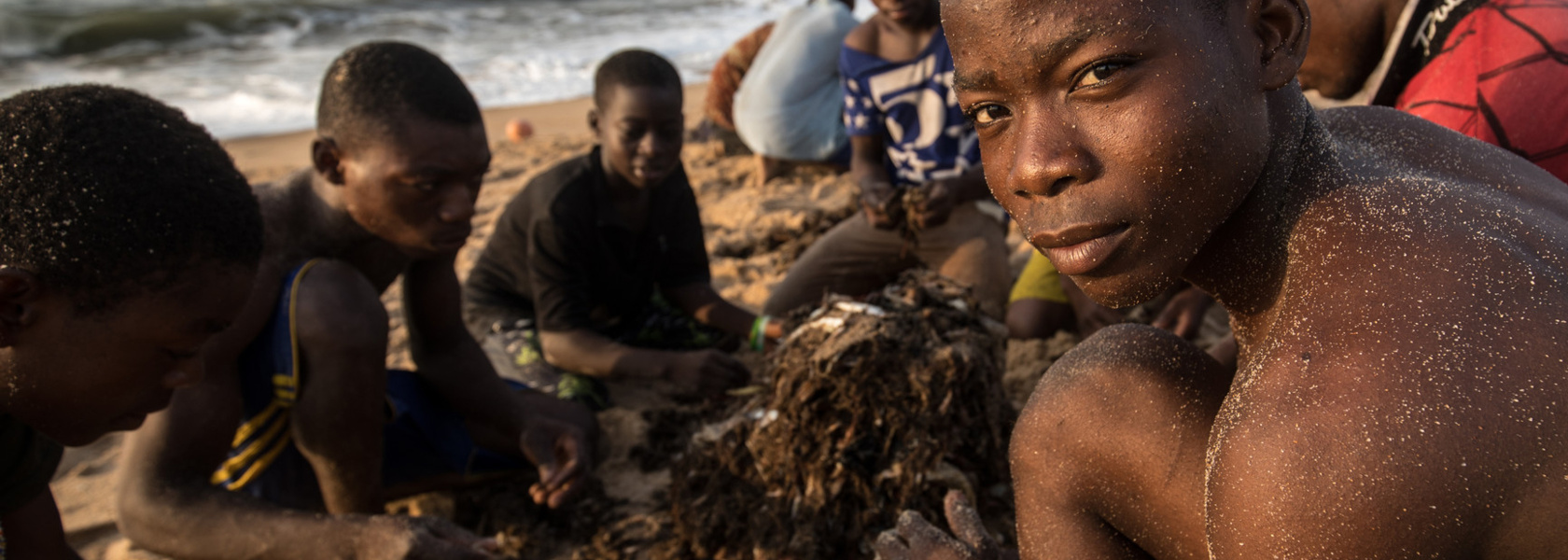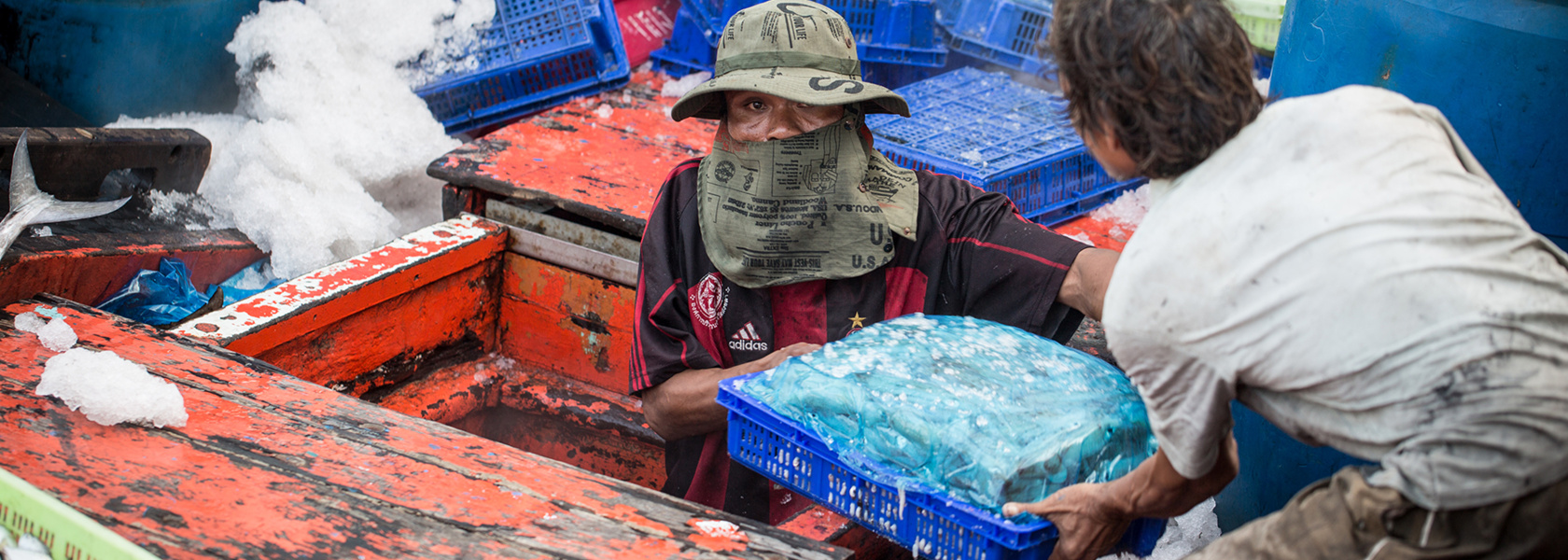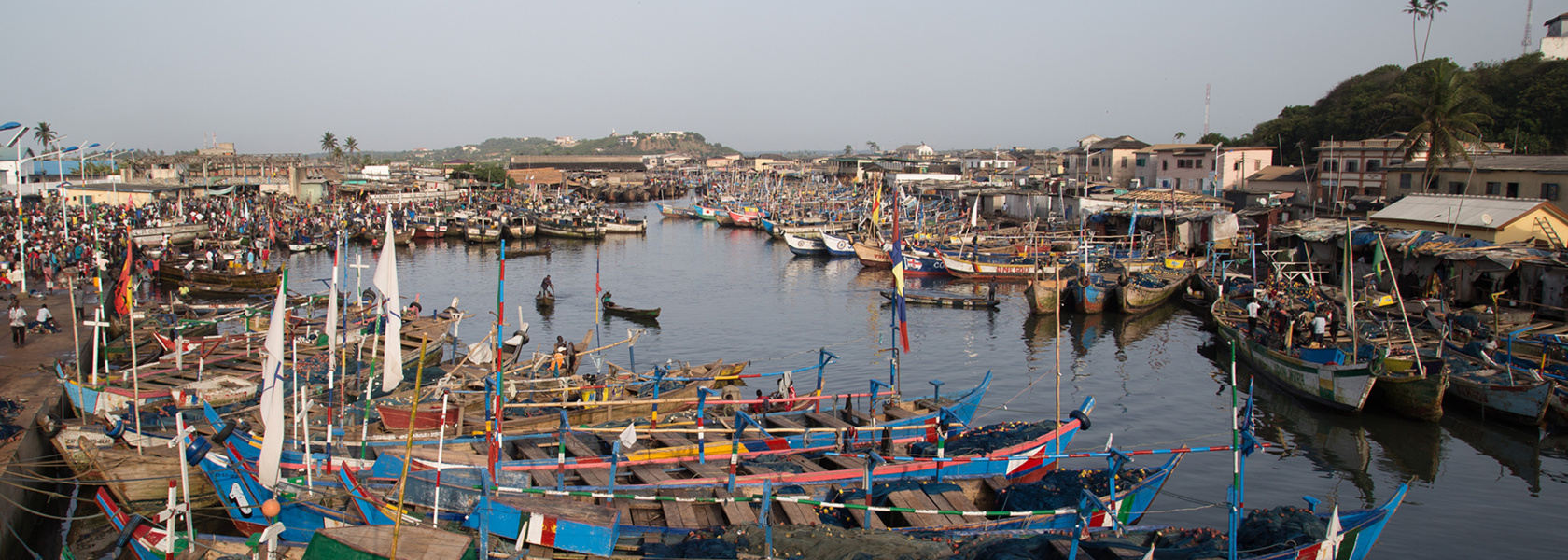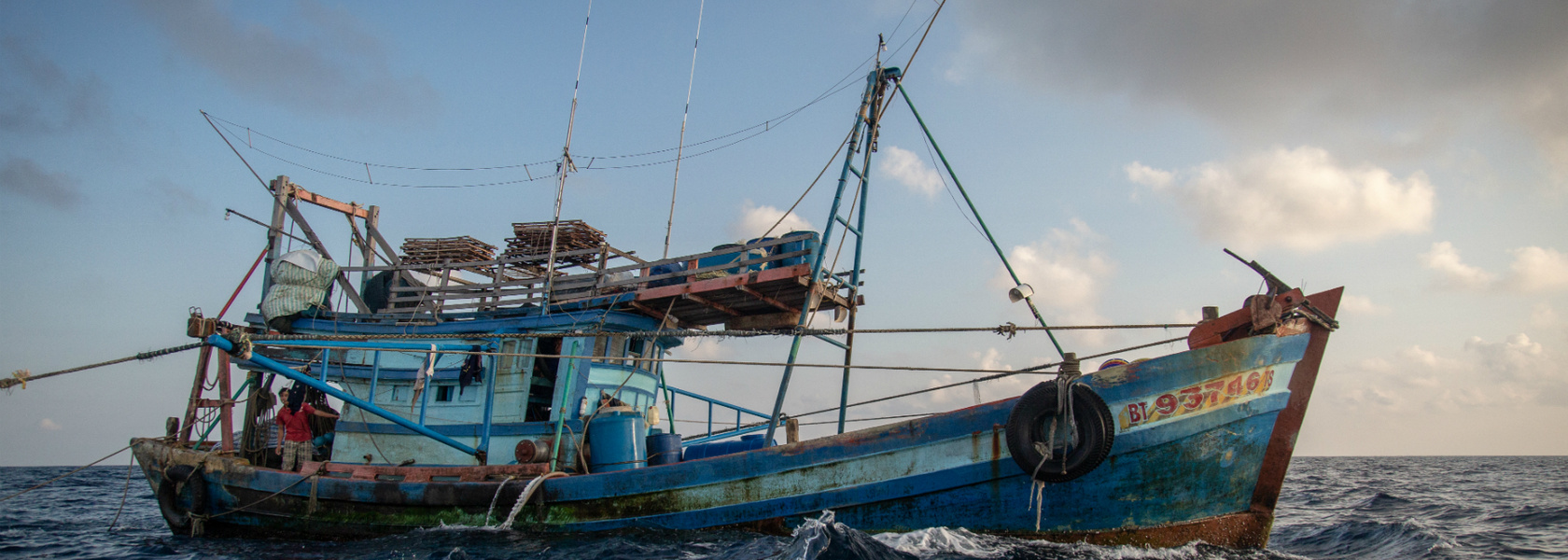From the largest animal to ever live to the tiniest bacteria, over a million species call our ocean home. But our fishing addiction and environmentally destructive practices are changing the very nature of our ocean and putting its vast biodiversity at risk. Many of our marine and coastal ecosystems are on the brink of collapse: 90% of the world’s large ocean fish – like cod, halibut and swordfish – have been lost since the 1950s.
Supporting grassroots conservation
EJF is working to document and expose the environmentally destructive fishing techniques that put our ocean’s health at risk and the illegal trade and poaching of marine species including sharks, rays and turtles that threaten these magnificent creatures’ future.
EJF is working to build local capacity amongst a new generation of ocean defenders. We aim to harness local strengths, expertise and skills and to give recognition to the local individuals and communities who are taking a lead on protecting their natural world.
EJF is working globally to protect endangered sharks. We are calling for a global ban on shark finning and are working in Liberia to secure a National Plan of Action to protect sharks, and for the first time give legal protection to these threatened species.
EJF is supporting grassroots education and community leaders to protect marine turtles in West Africa, with a focus on Liberia and Ghana. We will devise new ways to show the importance of these creatures in sustaining fish stocks and protecting ocean habitats.
EJF is calling for the protection and expansion of inshore exclusion zones – reserved for small-scale fishers – and marine protected areas to allow fish stocks to recover and to provide refuge for endangered or vulnerable species.
Ridding waters of this damaging pollution allows healthy ocean ecosystems to flourish, in turn supporting thriving fisheries and sustainable livelihoods.
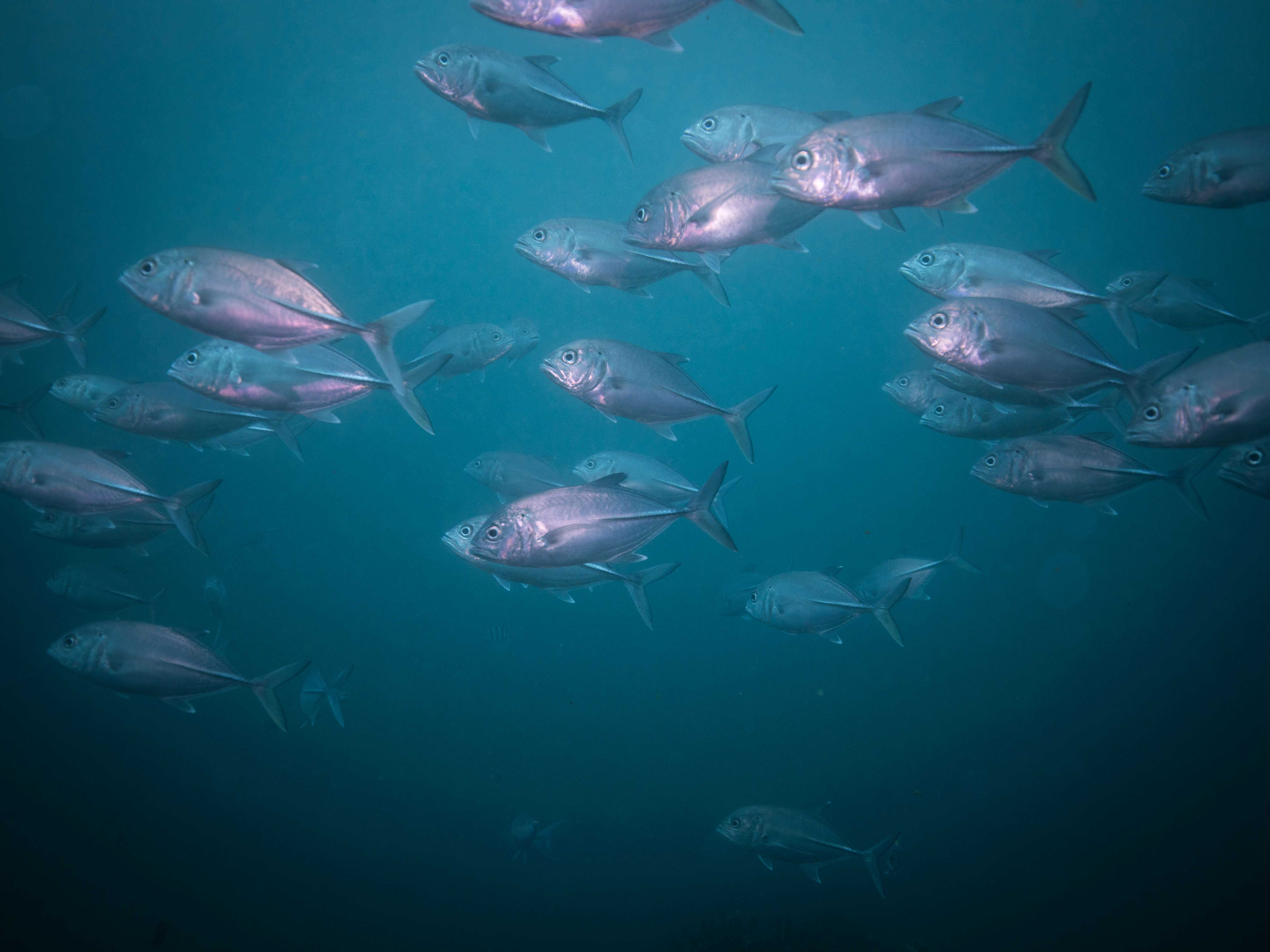
Protecting sharks and turtles in Liberia and beyond
West Africa’s rich coastal waters should be a haven for wildlife species including turtles, dolphins, sharks and plentiful fish populations. But as illegal fishing continues to cost the region in excess of US$1 billion every year, fish stocks are in decline and environmentally destructive techniques, the poaching of endangered turtles, and the removal of mangrove forests have become rife.
In Liberia, high levels of overfishing and illegal fishing and a failure to implement conservation measures have left endangered species, such as sharks, unprotected. Many sharks fall victim to bycatch, while others are targeted by desperate fishers looking to make up a shortfall in income.
Using our experience helping local communities document illegal fishing, EJF is building a community of ocean defenders in Liberia, and across West Africa, raising awareness of the importance of threatened marine wildlife and building community science programmes to document shark populations and implement conservation interventions.
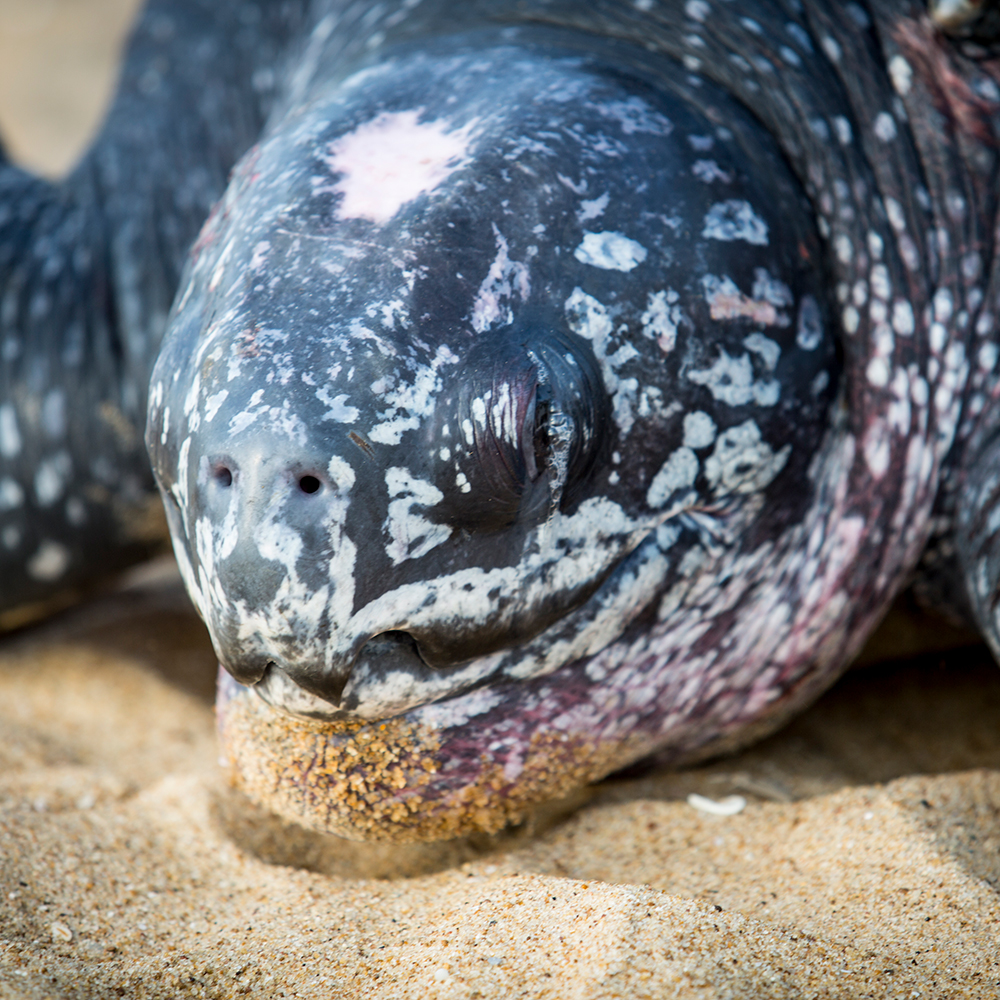
UNDER THREAT
Turtles have been on Earth for over 100 million years
If we don’t take time, very soon, within 10 to 20 years time, there will be no more turtles.
Rafael Ahumah, turtle conservation worker, Dzita, Ghana
A National Plan of Action
Since 2013, EJF has worked in Liberia to build capacity amongst local fishing communities to investigate species being caught by the country’s small-scale fishers. Our investigations uncovered a huge global market for shark fins, and highlighted gaps in the monitoring and protection of these endangered species.
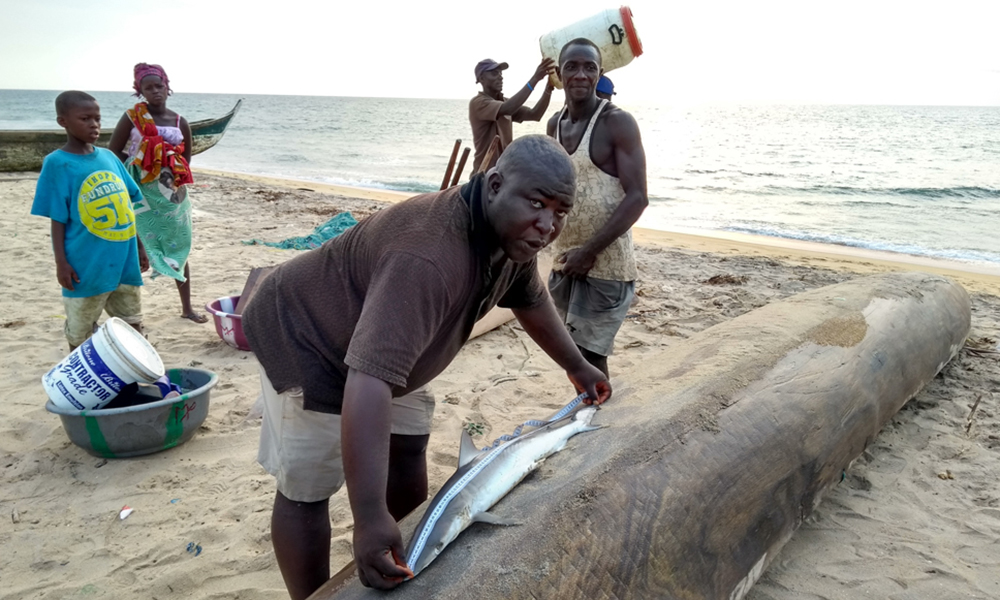
Meanwhile, by working with local communities, and by using film and video to document illicit activities and celebrate these wonderful species, we’ve been able to raise public awareness, advocate for a National Plan of Action to protect Liberian sharks and tackle another disturbing impact of illegal fishing: turtle poaching.
On the brink
By the year 2100, without significant changes, more than half of the world’s marine species may stand on the brink of extinction.
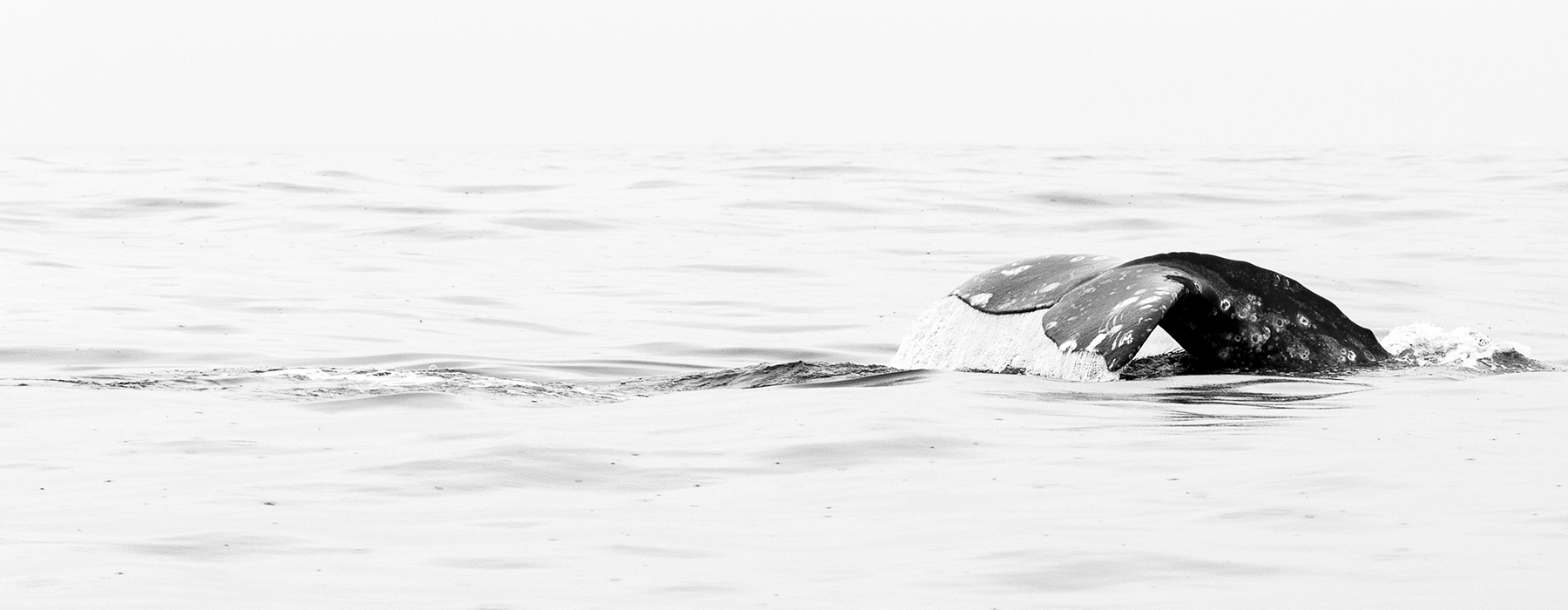
Anti-poaching patrols
EJF works with local communities across Liberia and Ghana to protect sea turtle nesting sites. In Ghana, for example, six species of sea turtle once nested on beaches. Sadly only three remain. The largest of these, the leatherback turtle, is critically endangered in the region. EJF works alongside local authorities to help raise awareness of the vital importance turtles play for food security and livelihood, and organise night patrols on the beaches where turtles go to nest, in a bid to reverse this trend.

Our oceans are amazing. They are home to millions of beautiful and magnificent creatures. But their home is being destroyed, as we continue to pollute our oceans and unsustainably and illegally fish the vital species that call them home.
Mark Eley and Wakako Kishimoto, Eley Kishimoto
Tackling destructive fishing methods
Much like sharks, turtles are at risk even before they reach the shoreline, threatened by destructive and illegal techniques. Operating outside the law, unscrupulous crews fish without licenses and in closed areas, and use practices that damage habitats and deplete fish populations.
During EJF’s time investigating illegal fishing in West Africa, we’ve exposed the devastation inflicted by these destructive methods including dynamite fishing and bottom trawling, a high destructive technique where heavy nets are dragged along the ocean floor, destroying habitats and scooping up all marine life in its path.
Such methods are wasteful and damaging. They disrupt ecosystems and make no exception for vulnerable and endangered species such as sharks and rays, turtles, seabirds, whales and dolphins. It is estimated that over 7 million tonnes of non-target marine life are caught in fishing gear each year. This not only puts amazing species at risk but is perpetuating a crisis where local coastal communities continue to go hungry, unable to get the food they need to survive.
